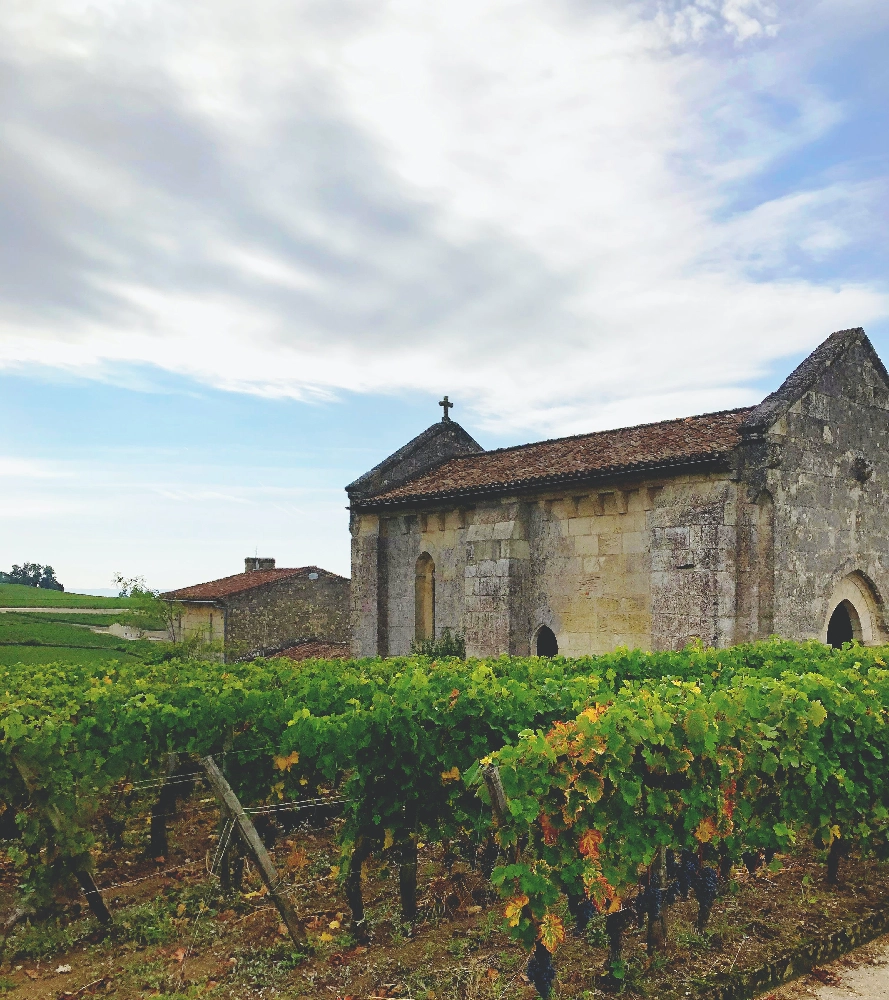
Nebbiolo d'Alba Wineries & Wines Stats
Wineries
19
Wines
237
A Historical Perspective on Nebbiolo d'Alba: Unraveling the Rich Heritage and Significance of this Noble Italian Wine
Introduction Nebbiolo d'Alba, nestled in the heart of Piedmont, Italy, has long been recognized for its unique and exquisite wines. This historical review aims to shed light on the rich heritage and significance of this esteemed wine region. From ancient origins to modern advancements, we will explore the region's name, location, wine styles, grape varieties, and food pairings.
Region Name: Nebbiolo d'Alba Nebbiolo d'Alba derives its name from two sources: the noble Nebbiolo grape that dominates the area, and the town of Alba, which has been a significant center for viticulture and enology since Roman times. The region is also referred to as "Langhe-Roero and Monferrato," as it is part of a larger DOCG (Denominazione di Origine Controllata e Garantita) that includes the communes of the Langhe, Roero, and Monferrato areas.
Historical Background The history of Nebbiolo d'Alba can be traced back to ancient times when the Romans cultivated grapes in this region for their renowned feasts and celebrations. The name Alba itself is derived from the Latin term "albus," which means "white," likely referencing the white wines produced in the area. Over the centuries, the region has evolved through various periods of European history, including the Middle Ages, Renaissance, and Baroque eras, each leaving its unique mark on Nebbiolo d'Alba's viticulture and winemaking practices.
Wine Styles and Relationships Nebbiolo d'Alba is known for producing wines with great aging potential, complexity, and elegance. The region's primary wine styles include:
1. Nebbiolo d'Alba DOCG: A red wine made primarily from Nebbiolo grapes, aged a minimum of two years, including at least six months in bottle before release. This versatile wine can be enjoyed young for its bright acidity and red fruit flavors or aged for decades to reveal its rich complexity and subtle earthy notes. 2. Barbaresco DOCG: A red wine from the neighboring region of Barbaresco, made exclusively from Nebbiolo grapes grown in this specific area. Known for its delicate balance between tannins, acidity, and fruit, Barbaresco is a highly sought-after expression of Nebbiolo. 3. Gattinara DOCG: A red wine produced in the commune of Gattinara, located in the western part of the Nebbiolo d'Alba region. This rare and complex wine is known for its robust structure and long aging potential.
Grapes The primary grape variety cultivated in Nebbiolo d'Alba is Nebbiolo (also known as Chiavennasca or Spanna), which accounts for approximately 90% of the region's vineyards. This noble grape is well-adapted to the region's terroir, characterized by its steep slopes, southern exposure, and calcareous-clay soils. Nebbiolo's natural acidity and ability to produce wines with complex tannins make it an ideal choice for long aging.
Food Pairings Nebbiolo d'Alba wines pair beautifully with a variety of dishes due to their balance between tannins, acidity, and fruit flavors. Some traditional food pairings include:
1. Braised meats: Nebbiolo's robust structure and earthy notes make it an excellent companion for hearty, braised meats such as osso buco, boeuf bourguignon, or pot roast. 2. Cheese: The wine's ageability and complexity make it a perfect match for aged cheeses like gorgonzola, robiola, or Parmigiano-Reggiano. 3. White truffles: The region's close proximity to the renowned white truffle capital of Alba makes Nebbiolo d'Alba an ideal pairing partner for this delicacy.
Conclusion The historical significance of Nebbiolo d'Alba lies in its rich heritage, unique grape varieties, and exquisite wine styles that have captivated wine enthusiasts for centuries. From ancient Roman vineyards to modern-day advancements, the region continues to be a beacon for those seeking wines of exceptional depth, elegance, and aging potential.
